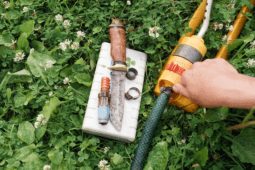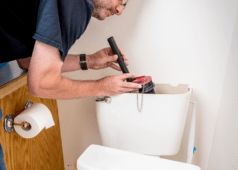DIY Projects That You Can Handle and Ones Best Left to Experts
In the era of Pinterest boards and YouTube tutorials, the allure of rolling up your sleeves and tackling home improvement projects has never been stronger. From transforming dull rooms into vibrant living spaces to fixing leaky faucets that have been driving you insane, the satisfaction of DIY jobs can be immense.
However, not all home projects are created equal, and while some tasks can be easily handled with a bit of research and elbow grease, others require the expertise and precision that only professionals can provide. This article will guide you through a variety of DIY jobs that you can confidently take on yourself and highlight those that are best left in the capable hands of the pros, ensuring your home improvement efforts are both safe and successful.
Basic Home Maintenance
When it comes to basic home maintenance, there are several DIY jobs you can tackle yourself that not only save money but also improve your living space.
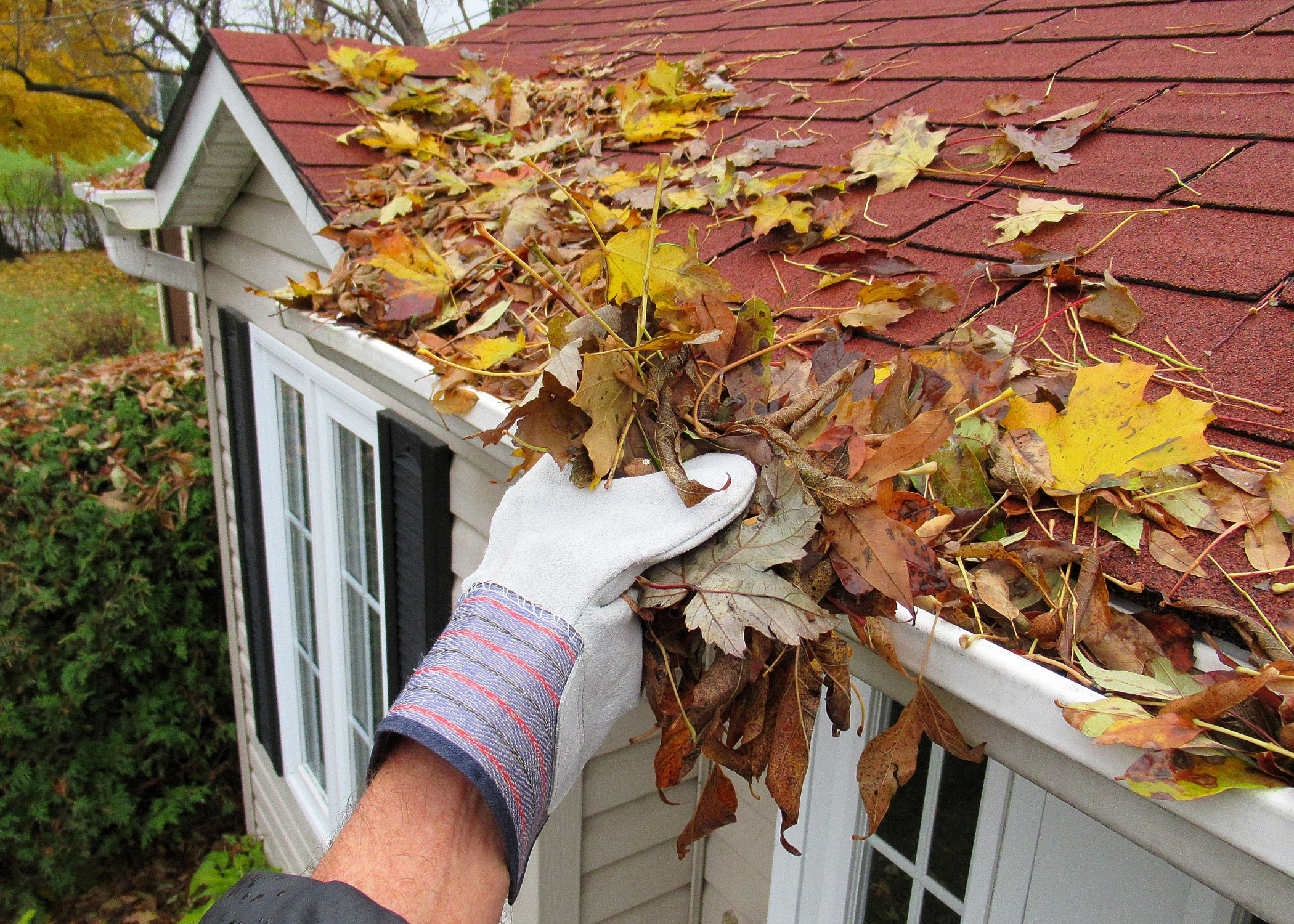
Simple tasks like cleaning gutters, changing air filters, or patching up minor wall damage are perfect for getting your hands dirty. These activities require minimal tools and provide a great opportunity to familiarize yourself with your home’s day-to-day operations. Plus, accomplishing these can give you a sense of achievement and ensure your home runs more efficiently.
It’s important to recognize when a job is beyond your skill level. For instance, anything that involves extensive electrical work, plumbing, or structural changes should typically be left to the professionals. These tasks often require specific expertise and tools, and incorrectly doing them can lead to significant issues down the line, including safety hazards.
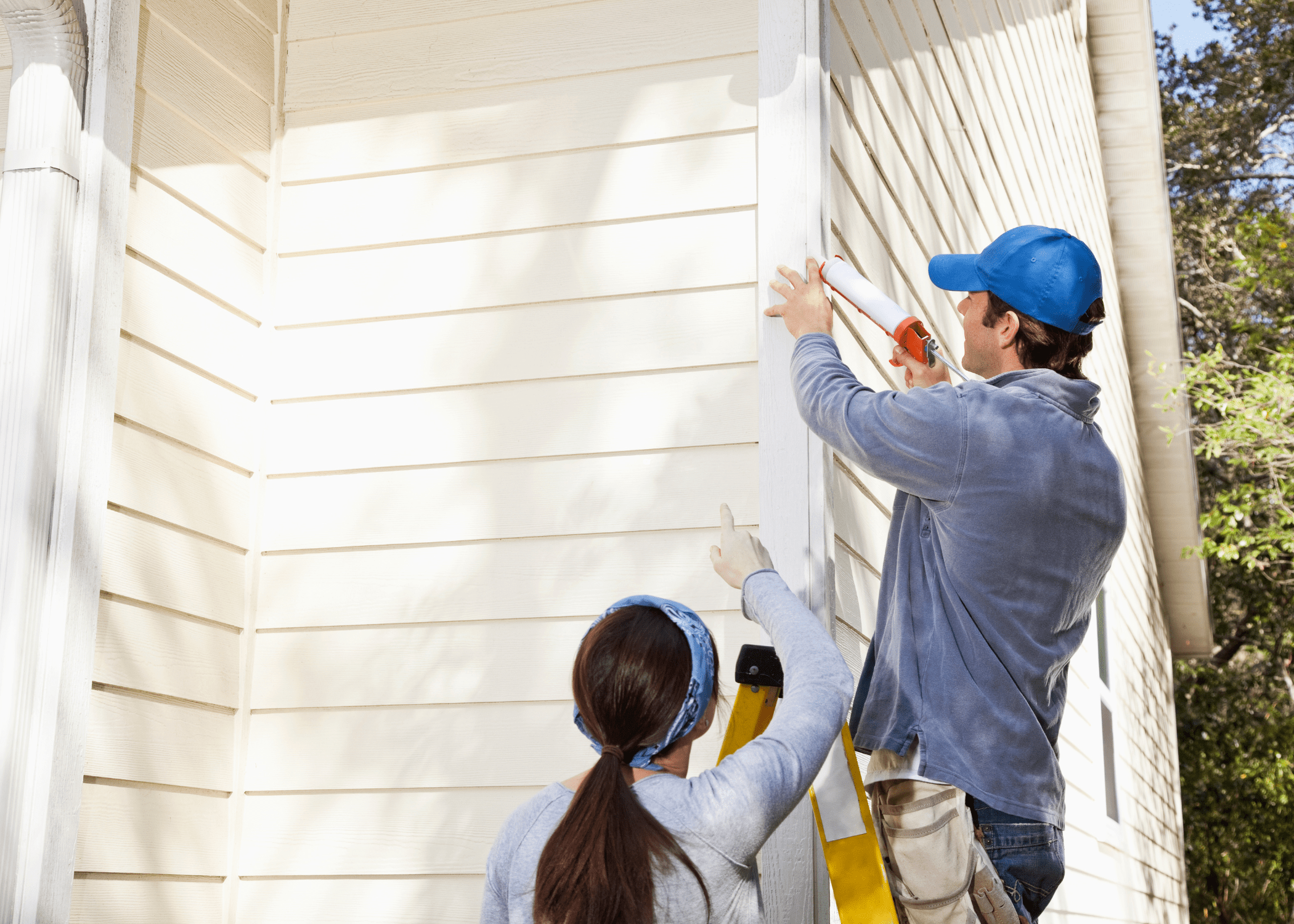
By assessing each maintenance task carefully, you can decide which ones you’re comfortable handling and know when to call in a pro for help. This balance will keep your home in top shape while also keeping you safe.
Painting Projects – When to DIY and When to Call in a Professional
When considering DIY jobs, painting projects often come to mind as a manageable task. Many homeowners feel confident taking on small painting jobs, such as refreshing a room with a new color or touching up trim.

These tasks require minimal equipment and can be completed over a weekend, making them ideal for those looking to personalize their space without a significant time investment. Plus, the satisfaction of a freshly painted room can be quite rewarding, giving your home a quick and cost-effective makeover.
However, larger or more complex painting projects might necessitate a professional touch. If you’re facing a task that involves high ceilings, intricate details, or exterior work, it’s wise to call in a professional unless you are willing to invest a good bit of time and some money to be able to achieve desirable results.

Professional painters have the tools and expertise to handle challenging environments safely and efficiently, ensuring a smooth, durable finish. They can also help in situations where there might be underlying issues like mold or water damage, which require special treatment before painting.
In these cases, the expertise of a pro not only saves time but also ensures that the job is done right, preserving the integrity and beauty of your home.
Plumbing Fixes – Simple Leaks vs. Major Pipe Work
Plumbing often presents a mixed bag of opportunities. Simple leaks, such as a sink faucet or showerhead replacement, are typically manageable for most homeowners. These usually require basic tools like a wrench and some plumber’s tape to fix connections or replace worn washers.

Addressing these minor issues not only gives you a sense of accomplishment but can also prevent water wastage, helping to keep your utility bills in check.
Regardless, when the situation escalates to major pipework, such as replacing pipes or dealing with sewage lines, it’s wise to call in the professionals. These tasks often involve compliance with local building codes and can affect your home’s entire plumbing system.

Mistakes in major plumbing repairs can lead to serious water damage or ongoing issues that might end up costing more if not handled correctly the first time. In these cases, the expertise of a licensed plumber is invaluable, ensuring the job is done safely and effectively.
Electrical Repairs – Safety First and Knowing Your Limits
Electrical repairs certainly demand caution, and for many homeowners, the allure of saving money by handling minor electrical tasks like replacing a light switch or installing a ceiling fan is tempting.
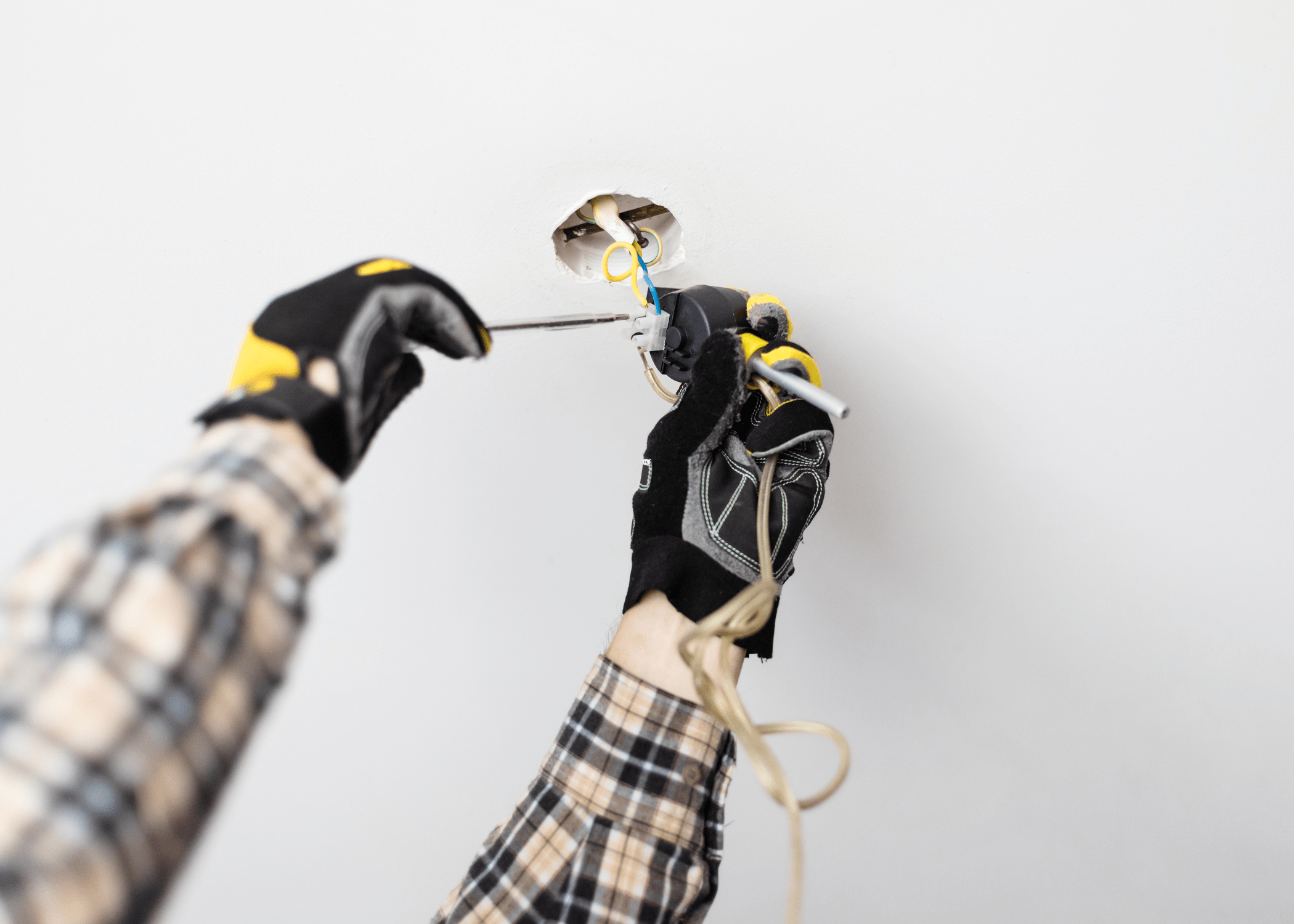
However, it’s crucial to understand the boundaries of safe DIY electrical work. Basic tasks that don’t involve altering wiring can usually be done by a careful amateur who has taken the time to research and follow all safety guidelines. Always turn off the power at the breaker box to ensure there is no current flowing to the area where you will be working.
On the flip side, more complex electrical issues such as upgrading panels, wiring new circuits, or anything involving the main power line should definitely be left to professionals. The risks associated with improper handling of high-voltage tasks include not only personal injury but also serious damage to your home’s electrical system, which can be costly to repair.
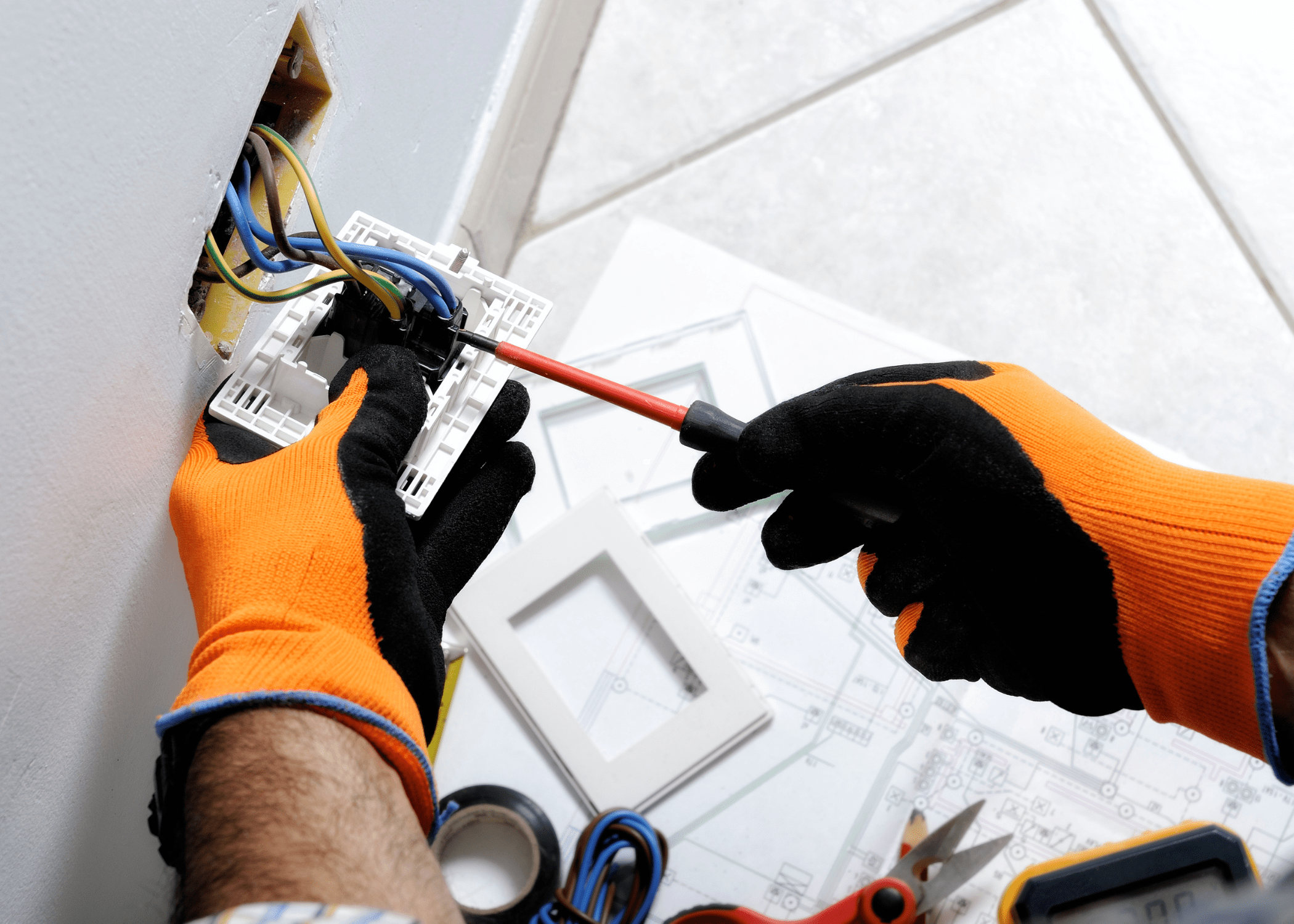
It’s important to recognize when a job is beyond your skill level. If you’re ever in doubt, it’s wise to call in a licensed electrician who can ensure the work is done safely and up to code.
Home Renovation – Distinguishing Between Cosmetic Updates and Structural Overhauls
When diving into a home renovation, it’s crucial to distinguish between cosmetic updates and structural overhauls. Cosmetic updates are those DIY jobs you can tackle yourself, such as painting walls, updating fixtures, or installing new tiles.
These tasks generally don’t require specialized skills and can transform the look of your home without delving into the more complex systems beneath.

On the other hand, structural overhauls involve changes to the home’s foundation, walls, electrical systems, or plumbing. These are tasks best left to the professionals, as they require a deep understanding of building codes and safety standards.
Understanding where to draw the line between these two types of projects can save you both time and money. For instance, while you might feel confident replacing cabinet hardware or even laying down a new carpet, attempting to remove a load-bearing wall or rewire electrical circuits without professional help could lead to disastrous results.
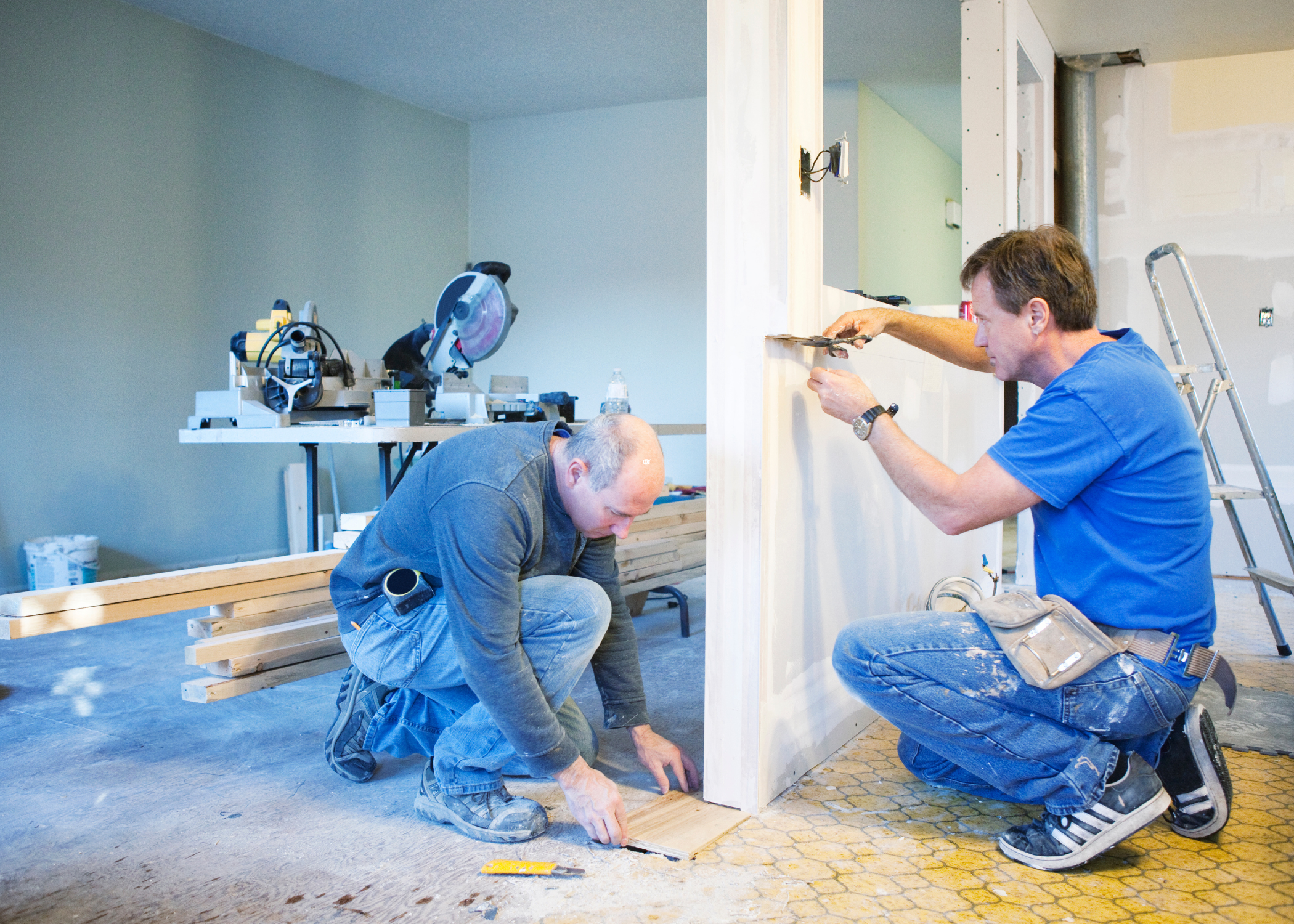
Always consider the scope and scale of your renovation project and consult with a professional if you’re unsure about the implications of the work involved. This approach ensures your home improvements are both safe and successful.
Related Articles
- Tips and Techniques for Mastering DIY Electrolysis Rust Removal
- DIY Guide to Crafting Your Own Backyard Meat Smoker
- 14 Essential Tools for Every DIYer
Ready to start your next project? Join our DIY community to receive tool tips, how-to guides, and exclusive creative insights. Subscribe to the ManMadeDIY newsletter now! Click here to unlock a world of hands-on inspiration.

